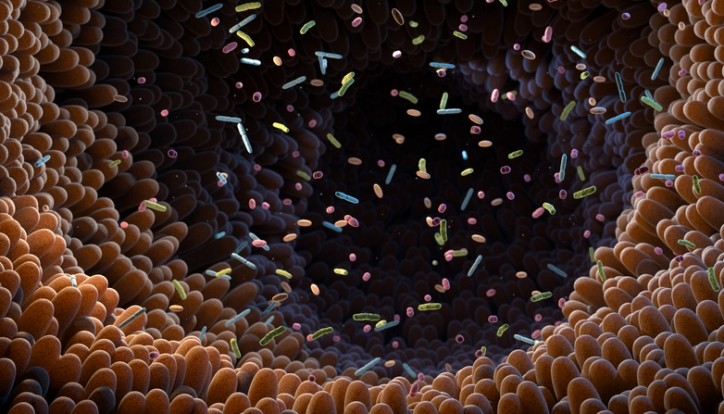'Gut conditioning' an important consideration in biotic efficacy

Speaking during a panel discussion on the topic of optimizing the microbiome for health, he explained that gut conditioning involves creating the optimum environment for beneficial microbes to grow.
"Envision your gut system as a flourishing greenhouse, complete with a front and back door, and a multitude of vibrant plants, flowers and even butterflies," Sybesma said. "This rich diversity is akin to the variety of microbes present in the gut.
“Much like tending to a greenhouse, merely providing prebiotics, the fertilizers for beneficial microbes, is not sufficient. It is necessary to maintain the right atmosphere within the gut, including the ideal balance of oxygen, carbon dioxide, temperature and overall environment.”
‘Gut conditioners’ open new avenues for advancing gut health and well-being, he asserted, and the holistic approach will support probiotics and prebiotics by ensuring an optimal environment for beneficial microbes to thrive and fulfil vital roles.
Also speaking on the panel, Dr. Robert Steiner, principal scientist at DSM-Firmenich, emphasized the need for a better understanding of this microbial ecosystem and suggested that addressing limitations in current research methods could provide valuable insights.
For example, the significance of the small intestine in microbial ecology is often underestimated, he noted, and despite being responsible for the production of fewer microbes, they can still be highly effective and play crucial roles that are currently under investigation.
Probiotic considerations
While probiotics can come from a variety of sources, those from intestinal isolates are somewhat familiar and as such may have increased appeal with consumers, Sybesma said.
As they have previously served a function in the human body, these isolates might find it easier to adapt and integrate— something which consumers could understand if communicated in the right way, he added.
But complicating the matter is the consideration of how probiotics are cultivated and produced by large companies, he noted.
"The disparity between the conditions in a bioreactor with glucose and yeast, and the dynamic environment within the human body, raises questions about the effectiveness of commercially produced probiotics compared to those originating naturally," he stated.
Future solutions
the concept of personalization could offer exciting opportunities, using as example the possibility of storing bacteria from a stool sample for future use, akin to storing stem cells at birth.
"Imagine a scenario where, in times of health decline, individuals could rejuvenate their gut with autonomous strains sourced from their younger, healthier selves," he explained. "Preliminary studies with mice indicate that strains derived from their own bodies exhibited better results in addressing colitis compared to commercially available probiotics."
“While futuristic, this line of research opens intriguing possibilities for personalized and effective probiotic interventions,” he added.
Chyn Boon, assistant manager of marketing and scientific affairs at Morinaga, noted that this is why Morinaga focuses on human residential bifidobacterial (HRB) research and demonstrating the physiological features of HRB such as metabolic capability.
She explained that future research could look towards personalised nutrition, in which complimentary prebiotic and probiotic strains could be given in tandem for more efficacious results.













